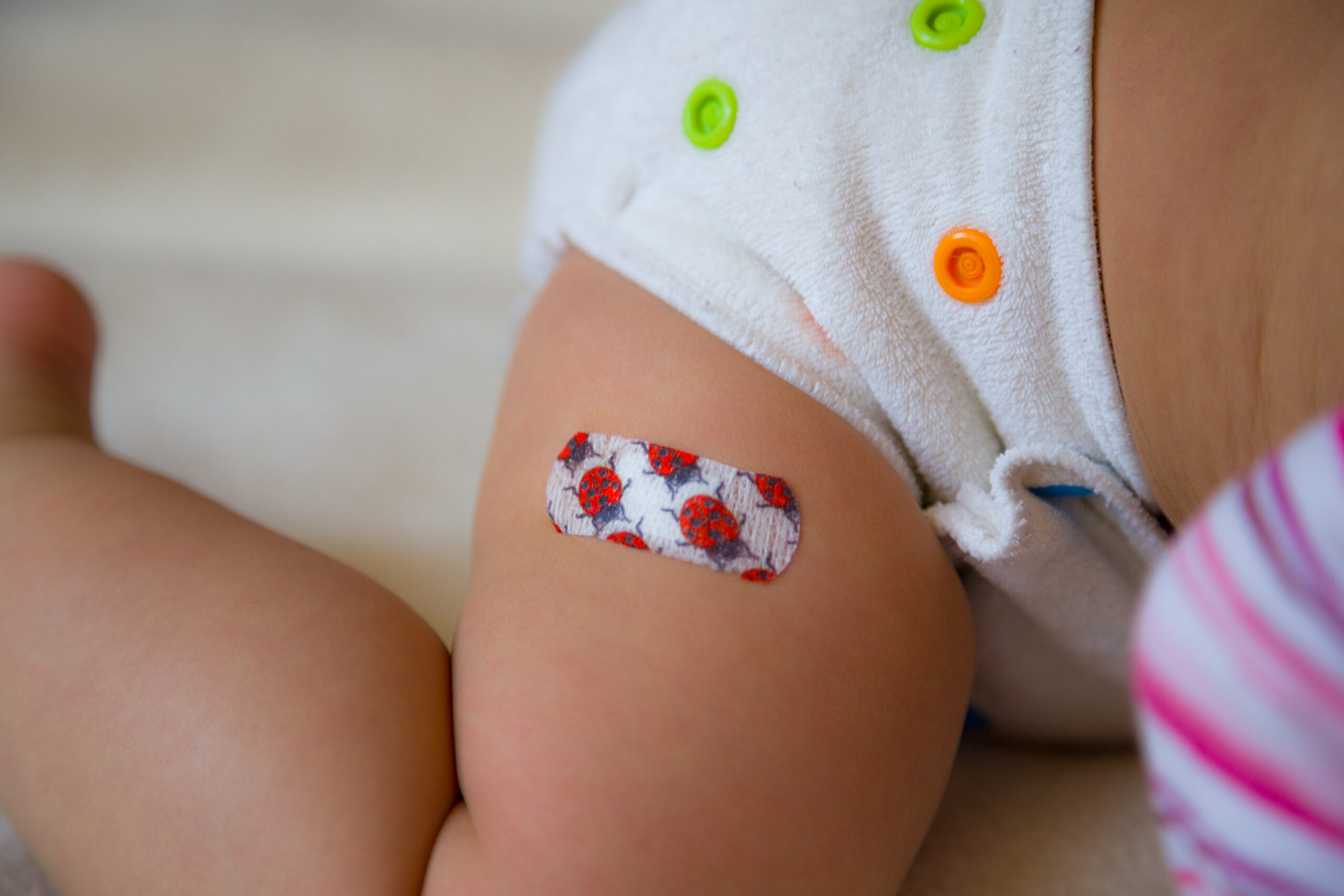This article appeared on MLive. Read more here.
Health officials are stressing the importance of protecting against measles this week as the nation has already matched last year’s infection total for all of 2023.
As of mid-March, the U.S. Centers for Disease Control and Prevention (CDC) reported 58 confirmed infections across 16 states, most of which involved unvaccinated children. Michigan accounts for four of those cases, with two in Washtenaw County, and one each in Wayne and Oakland counties.
The CDC issued the health advisory to inform clinicians and public health officials of the increase in U.S. and global measles cases and to provide guidance on prevention for those traveling. The agency said 93% of the cases reported were tied to international travel.
“If you are not vaccinated for measles, get vaccinated as quickly as you can,” said Dr. Natasha Bagdasarian, the state’s chief medical executive, in a prepared statement.
“We are seeing increased cases of measles abroad and outbreaks of measles across the United States in the setting of declining childhood vaccination rates. Now measles is in Michigan, and it’s important to make sure you protect yourself from this vaccine-preventable disease.”
Seventeen states have reported measles cases this year, according to the March 18 CDC advisory.
Measles is also known as rubeola. The highly infectious viral infection typically begins with fever, cough, runny nose, and pink eye before a rash sets in. It can cause severe health complications, including pneumonia, inflammation of the brain, and death.
The MMR (measles, mumps and rubella) vaccine is 97% effective at protecting people against the diseases after two doses, according to the CDC. It’s recommended that children get the first shot after 12 months, or between 6 months and 11 months if they’re traveling internationally. A second dose is recommended between 4 and 6 years.
Unvaccinated teens and adults can get both shots spread at least 28 days apart.
Vaccination rates among U.S. kindergartners have declined in recent years, dipping from 95.2% during the 2019-2020 school year to 93.1% in the 2022-2023 school year.
In Michigan, it’s much worse. The rate for recommended childhood immunizations, which includes MMR, was 66% in 2023 — down from 70% two years earlier, according to state health department data.
Michigan allows parents to waive school vaccinations for medical necessity, religious and philosophical reasons.
Measles is considered so infectious that about nine out of 10 unvaccinated people who are exposed to an infected person will become infected, according to the CDC.
The largest outbreaks in the world this year are in Kazakhstan, Azerbaijan, Yemen, India, Iraq, Ethiopia, Kyrgyzstan, the Russian Federation, Pakistan, and Indonesia.
In a warning issued this week, federal health officials said popular destinations like Austria, the Philippines, Romania and the United Kingdom are also experiencing measles outbreaks.
“To prevent measles infection and reduce the risk of community transmission from importation, all U.S. residents traveling internationally, regardless of destination, should be current on their MMR vaccinations,” the warning reads.
The highly contagious viral infection was declared eliminated from the U.S. in 2000. However, reduced vaccination rates have allowed it to return over the last decade or so, including more than 1,200 cases in 2019.
A spokesperson for the state health department said the message remains clear and simple: get vaccinated. For parents with unvaccinated children, state officials said to be aware exposure may have already occurred and to monitor for symptoms.
For more information, visit the state’s measles page at michigan.gov/mdhhs.

